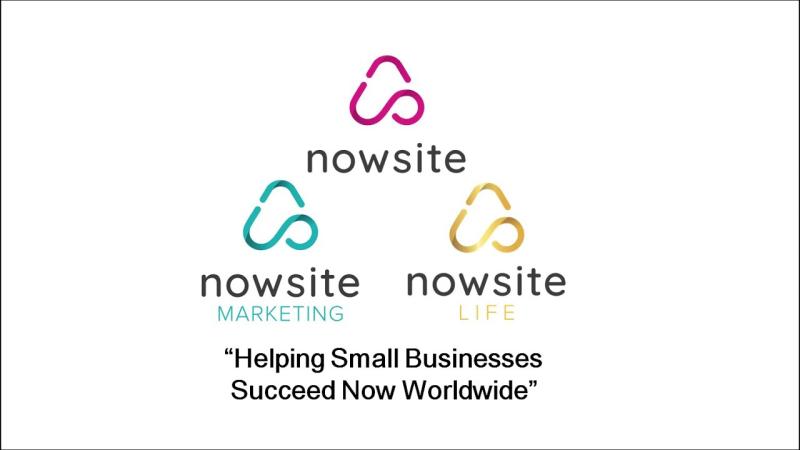Avoid Getting Scammed with Home Businesses

### How to Avoid Getting Scammed with Home Businesses: A 500-Word Guide
Working from home and starting your own business can offer incredible flexibility and independence. However, the growing popularity of home-based businesses has also attracted scammers looking to take advantage of unsuspecting entrepreneurs. Before diving into any work-from-home opportunity, it’s crucial to recognize potential red flags and take steps to protect yourself from scams. Here’s how to avoid getting scammed when starting or joining a home-based business.
#### 1. **Research the Business Thoroughly**
The first and most important step to avoid a scam is conducting thorough research. Legitimate businesses will have an online presence, reviews, and verifiable track records. Here’s how to start your investigation:
- **Search for Reviews and Complaints:** Look for independent reviews, complaints, or mentions of the company on trusted platforms such as the Better Business Bureau (BBB), Trustpilot, or Reddit forums. If the company has many unresolved complaints, that's a red flag.
- **Check for Contact Information:** A legitimate business will have clear, easy-to-find contact information, such as a business address, phone number, and customer service email. Scam operations often lack detailed contact information or provide fake details.
- **Verify Licensing and Credentials:** If the company operates in an industry that requires licenses or certifications, verify these with the appropriate regulatory bodies.
#### 2. **Beware of Get-Rich-Quick Schemes**
Scammers often lure people in with promises of quick, easy money. While the idea of getting rich fast sounds appealing, it’s a major red flag. Legitimate businesses take time to grow, and success is built on consistent effort and strategy. Some key phrases to watch out for in scams include:
- **“Guaranteed high returns”**: No business can guarantee profits, especially not quickly.
- **“No experience necessary”**: While you can learn new skills, a business that requires no skills or experience is often too good to be true.
- **“Limited time offer”**: Scammers often use pressure tactics to push people into making rash decisions.
Always be wary of any opportunity that promises big rewards with little effort.
#### 3. **Avoid Paying Upfront for a Job**
One of the most common types of scams involves asking for money upfront before you start working. These may come in the form of:
- **"Starter Kits" or Training Materials:** Some legitimate businesses require a small fee for essential materials, but scams tend to demand excessive amounts. If you're asked to pay a significant fee to start working, proceed with caution.
- **Subscription Fees:** Be wary if a company asks for ongoing subscription fees to access work opportunities or maintain employment.
- **Application Fees:** Most legitimate companies won’t charge a fee just to apply for a job.
If you're ever unsure, ask for more information and consider contacting a lawyer or business advisor before making any payments.
#### 4. **Watch for Multi-Level Marketing (MLM) Schemes**
Multi-level marketing (MLM) businesses are legal, but many of them can border on being pyramid schemes, which are illegal. In MLMs, you earn money not just from selling products but also from recruiting others to join the business. The problem arises when the focus shifts from selling real products to aggressively recruiting people, with the majority of profits coming from those recruits rather than actual sales. Some key signs of a dubious MLM:
- **Focus on recruitment** over product sales.
- **Pressure to buy inventory** that you may not be able to sell.
- **Unrealistic income claims** or testimonials.
It’s important to research any MLM thoroughly and assess whether the business model is sustainable without heavy recruitment.
#### 5. **Trust Your Instincts and Ask Questions**
If something feels off or too good to be true, trust your gut. Scammers often rely on urgency to trap their victims, pushing you to act before thinking critically. Don't hesitate to ask questions like:
- **What exactly will I be doing to earn money?**
- **How much can I realistically expect to earn, and how soon?**
- **Are there hidden fees or expenses?**
- **What happens if I want to leave the business?**
Legitimate businesses will provide clear, honest answers without pressure. Scammers, on the other hand, may become evasive or defensive when questioned.
#### Conclusion
While there are many genuine opportunities to start a successful home-based business, it’s essential to stay vigilant and cautious. By doing thorough research, avoiding high-pressure tactics, and trusting your instincts, you can reduce your risk of falling for scams and ensure that your home business venture is a legitimate and rewarding one.










Comments